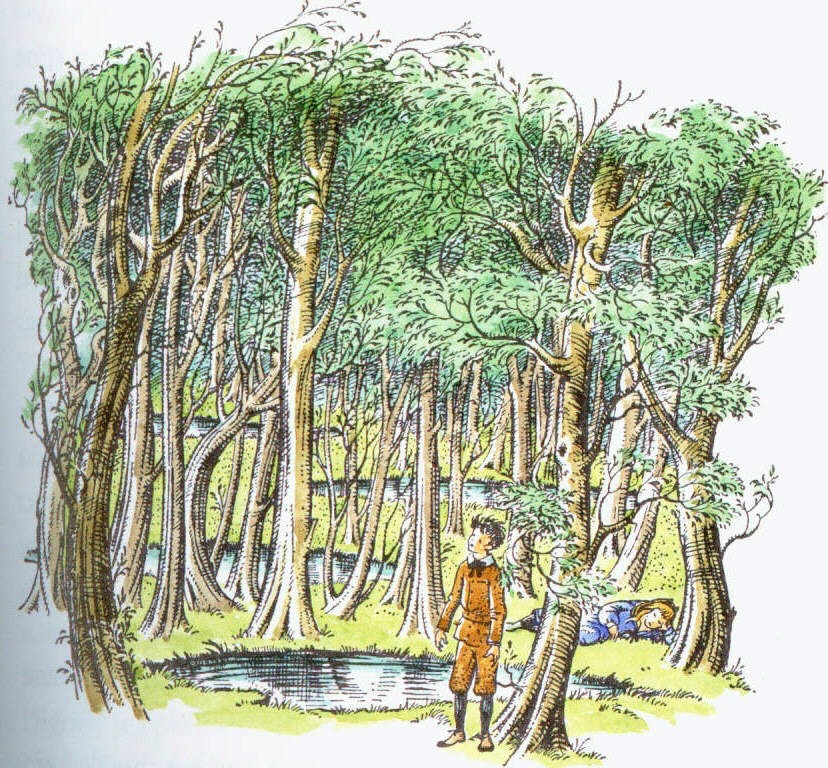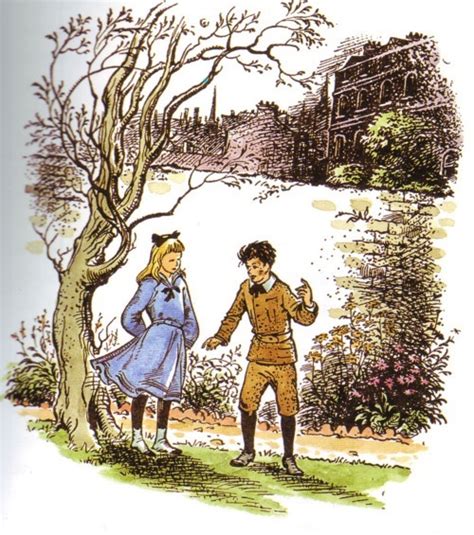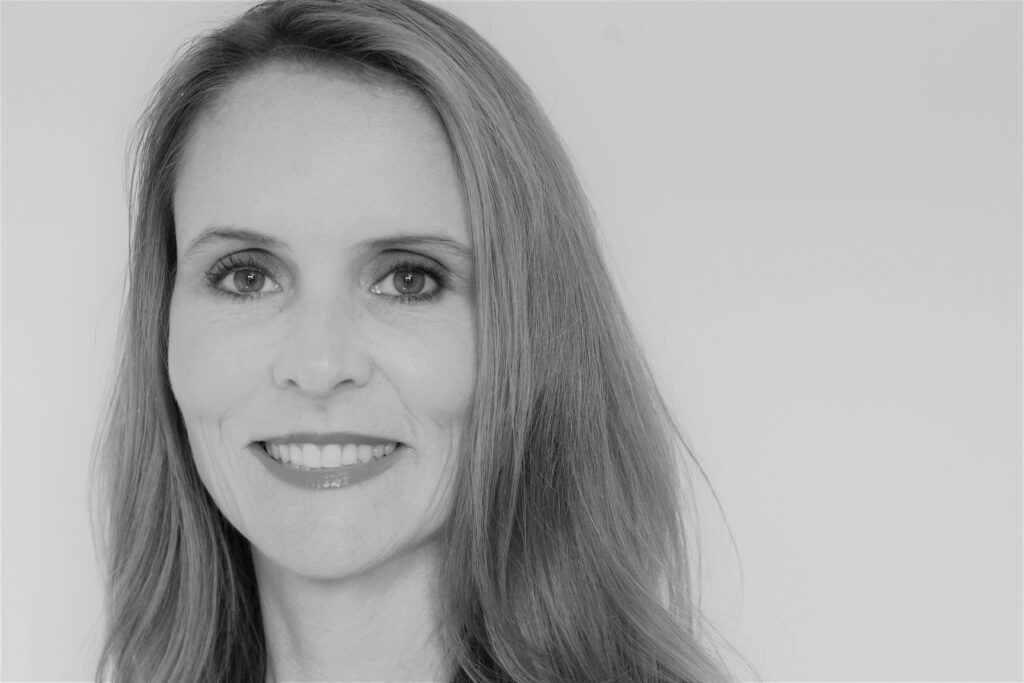“Most of us have two lives: the life we live, and the unlived life within us. Between the two stands Resistance.”
Steven Pressfield
The War of Art is a provocative little book by Steven Pressfield that has become a classic work on creativity. It’s a great read to inspire any discouraged artist, but Pressfield advocates a simple strategy. Most of the wisdom is in the title: It’s an uphill battle to create. Just commit to the work.
The War
It wasn’t just your imagination.
There is a war against creation, so it is difficult to write, to bring something out of nothing, to move from an idea in your imagination to something you can share with other people.
Why is it so much easier to perform a routine duty, any duty, than to create?
Most days, I would willingly wash dishes, fold clothes, vacuum carpets and even mow the lawn before sitting down to write. These prescribed, routine tasks can be tedious, but they are also immediately satisfying and rewarding — a clean kitchen, a well-manicured lawn, a crisp stack of folded laundry, and a dozen freshly baked cookies. They provide a very definite experience of completion, a moment I can look at my work and say, “Well done.”
Creation is different.
Creativity involves experimentation and risk.
What if it doesn’t turn out? What if it is laughable or falls short of my expectations? What if it reveals too much about my personal thoughts and desires? What if it leaves me feeling naked and vulnerable? But mostly, what if I cannot do what I want to do?
I can fold laundry, make a meal, and manage finances. Can I write a story from beginning to end that leaves the reader satisfied, emotionally charged, and vested?
Creation also involves choices.
The blank page is intimidating for a reason.
Where are we going from here?
What will happen?
What if nothing happens, and we sit here like Polly and Digory in The Magician’s Nephew, in a world of pools between worlds, waiting, half asleep as if we have always existed there? I think about that image all the time — that waiting before creation, that pull between known and unknown.

The funny thing is that creating words, stories, worlds, and descriptions, painting with thoughts, is satisfying, like completing a household task is. The key is knowing when to stop and accept that “Well done” feeling.
Rarely am I satisfied by someone else telling me I have done well, although I do like my work to be acknowledged. Usually, the inner satisfaction of crossing something off a list motivates me. So why am I so reluctant to write, to move forward?
Writing About Thomas Abell
I am terrified of the unknown and of failure. I don’t know how my story will unfold, even though I have determined several critical points through historical research. Now that I have a better idea, I may need to go back and do some planning. When I first started writing about Thomas, I just jumped in. I knew that I needed to get going and let the creativity begin to flow, but I always knew that further research might force me to change my course. And that is where I am now.
But how do I do that?
As it is, most of my writing has focused on Thomas as a young man or child. I just started at the beginning because I wanted to get to know him. But now, as the story is forming in my mind, I realize that the most intriguing part of the story involves Thomas the man. While processing this with a friend, I realized that this story is still a mystery to me. I am still asking, who is Thomas Abell, and why did he do what he did? That is the journey that I have been on for the last few weeks, and I need to write a book that demonstrates that journey.
I need to begin again. Commit to the work.
That is how I am going to win this battle.
I wrote this journal entry on September 30, 2022, a few month after I began experimenting with writing random scenes from Thomas’s life, and a few days before I started writing my first real draft of the book, Thomas Abell.


